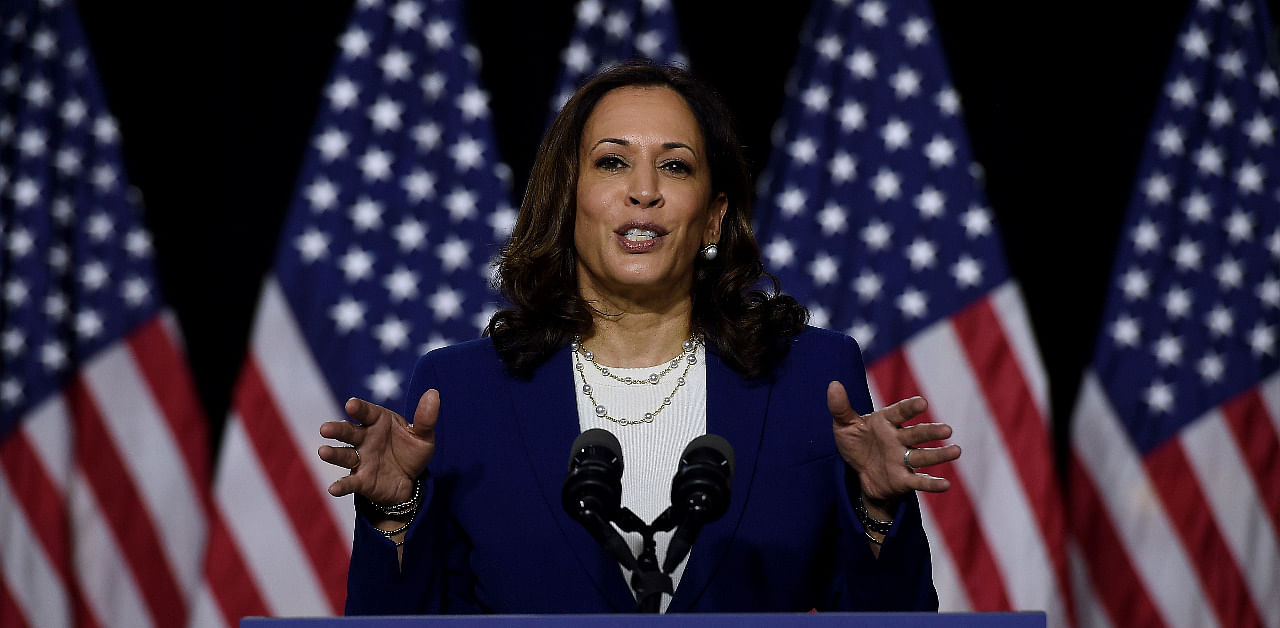
Kamala Devi Harris may be the first Indian-American to run for the office of the Vice-President, but, if Joe Biden makes it to the White House, she is unlikely to trigger any significant change in the policies of the United States administration to make it more or less favourable to India.
Harris, who is representing California in the US Senate since 2017, never distanced herself from her biracial identity, unlike some other Indian-American politicians.
Also Read: Kamala Harris’s Indian connection - her grandfather who sparked the fire for public service
She has rather always proudly talked about her upbringing that was greatly influenced by her grandfather, PV Gopalan, who served as a bureaucrat in Government of India, and her mother, Shyamala Gopalan, who was born in Chennai, migrated to the US in pursuit of a career in medical research, joined civil rights movement, married another immigrant from Jamaica, Donald Harris, and fought against all odds to raise two daughters after her divorce.
Biden’s decision to pick up Harris as his “running mate” was lauded by some Indian-Americans in the US. “Kamala Harris’s story is the story of a changing, inclusive America,” said Neil Makhija, who leads the IMPACT, the leading Indian American advocacy group and Political Action Committee.
Yet, New Delhi is not much elated at the prospect of an Indian-American reaching the second-highest office in the Washington D C. Neither it was concerned over the possibility of having in the US Vice-President’s office someone, who only a few months back criticised Prime Minister Narendra Modi’s government for its decisions on J&K, although not as harshly, as other members of the American Congress did.
“We have to remind the Kashmiris that they are not alone in the world,” Harris said in October 2019, when she was still in the race for the Democratic Party’s nomination to contest the US presidential elections.
Her comment came after New Delhi stripped J&K of its special status. She also criticised External Affairs Minister S Jaishankar in December 2019, when he cancelled a meeting with a group of US lawmakers, because it included Pramila Jayapal, who introduced a bipartisan resolution in the US House of Representatives asking New Delhi to end restrictions on communication and arbitrary detentions in J&K. Harris, however, never joined other ‘progressive’ US lawmakers, who last year specifically criticised Modi – be it for the decision on J&K, or for the introduction of Citizenship Amendment Act and the process of updating the National Register of Citizens in Assam.
Biden, however, of late also acknowledged the importance of the US-India strategic partnership to counter the growing belligerence of China. India also took note of his promise to withdraw the suspension of the H-1B visas – a recent move by Trump’s administration that hit the interests of the Indian Information Technology professionals.
